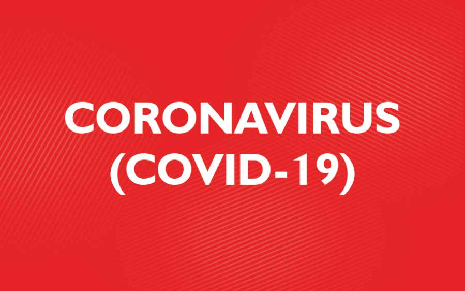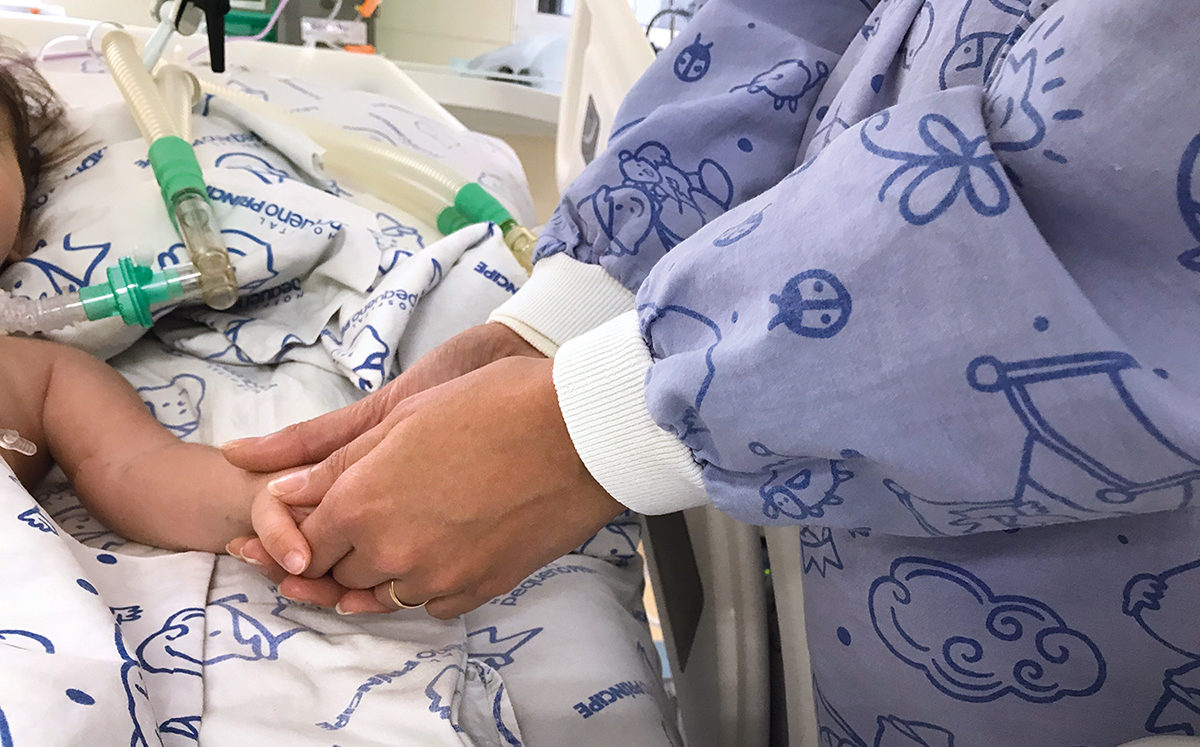Worldwide coronavirus research seeks volunteers
Purpose is to understand why some people develop severe illnesses even without being at risk group

The Pelé Pequeno Príncipe Research Institute team that is part of the “COVID Human Genetic Effort” is looking for volunteers to participate in the study. The project is led by researchers Jean-Laurent Casanova and Helen Sue, and brings together immunologists from around the world. “We want to understand how and why some people are more susceptible than others to develop the severe form of the COVID-19,” explains the doctor and coordinator of the project in the Southern region of Brazil, Carolina Prando, who is part of the international board from the project.
To participate in the research, some conditions are necessary, such as:
– have been infected with SARS-CoV-2 requiring hospitalization; or
– live in the same residence as a person who was in a serious condition, sharing personal objects, and not having been contaminated or having presented the mild form of the disease.
The researchers withdraw four milligrams of blood from the volunteer. This sample undergoes a molecular exam called exoma, which sequences, at the same time, 22,000 genes present in the human genome, identifying changes that may be related to the worsening or resistance to the coronavirus (SARS-CoV-2).
Doctor Carolina, who coordinates the project at the Research Institute, explains that blood collection can be done at any time, even after hospitalization. “The volunteer does not need to have the symptoms of COVID-19 at the time of blood donation for research,” she explains.
Those interested in participating in the research can contact the researcher’s team by e-mail covidhpp@hpp.org.br. Dentist Larissa Michaelis is one of the volunteers who is already participating in the study. Spontaneously, she recorded and released a video on her social networks inviting other people to participate as well. Watch the video:

National outreach
In Brazil, more than 20 centers have already joined the research in partnership with Pequeno Príncipe Hospital and with the Institute of Biological Sciences of the University of São Paulo (USP), which are working together. The goal is to collect at least 1,000 blood samples for analysis. “Every week, around 100 researchers from around the world participate in a meeting to present their work. European and North American researchers already have a lot of knowledge to share, as they faced the pandemic a few months earlier than Brazil. These are very rich meetings, which guide the progress of the research,” she says.
Meet the health centers that are participating in the project:
– Pequeno Príncipe Hospital (state of Paraná)
– Hospital de Clínicas, Federal University of Paraná – UFPR (Paraná)
– University Hospital of the State University of Londrina – UEL (Paraná)
– Ministro Costa Cavalcanti Hospital (Paraná)
– Padre Germano Lauck Municipal Hospital (Paraná)
– Santa Casa de Misericórdia de Porto Alegre (Rio Grande do Sul)
– Moinhos de Vento Hospital (Rio Grande do Sul)
– Institute of Childcare and Pediatrics Martagão Gesteira, Federal University of Rio de Janeiro – UFRJ (Rio de Janeiro)
– ABC Medical School – ABC Health University Center and Mário Covas Hospital (São Paulo)
– Federal University of São Paulo – UNIFESP (São Paulo)
– Faculty of Medicine, University of São Paulo – USP (São Paulo)
– Santa Casa de Misericórdia de Sorocaba (São Paulo)
– Pensi Institute – Sabará Hospital (São Paulo)
– USP Human Genome Laboratory (São Paulo)
– Dr. Miguel Soeiro Hospital – Unimed Sorocaba (São Paulo)
– Federal University of Maranhão – UFMA (Maranhão)
– Ceuma University (Maranhão)
– Allergy, Asthma and Clinical Immunology Clinic (Maranhão)
– Pará State University Center (Pará)
Support in the fight against coronavirus
The research is receiving support from LogLife Logística – Biological Material Transport, which is covering the transportation of samples from Porto Alegre (Rio Grande do Sul) to Curitiba (Paraná) and from Rio de Janeiro (Rio de Janeiro) to São Paulo (São Paulo). “We are looking for more partnerships like this, which are essential for us to continue with the project,” points out Carolina.
In addition to this research project, there are other studies related to the coronavirus in progress at the institution. And there is also the entire assistance structure of Pequeno Príncipe, where children and adolescents infected with SARS-CoV-2 are being treated.
To support the Pequeno Príncipe in the fight against COVID-19, please contact us: marcelle.silva@hpp.org.br or carolina.fossati@hpp.org.br.
More
COVID-19 Report
Until 10 a.m. on July 31, the Pequeno Príncipe Hospital treated 380 suspected cases of the disease, 56 of which were confirmed
Pequeno Príncipe guarantees the patient’s right to have a companion, even in cases of COVID-19
The Hospital – which has humanization as one of its guidelines – adopted new protocols and flows to ensure the safety of all




